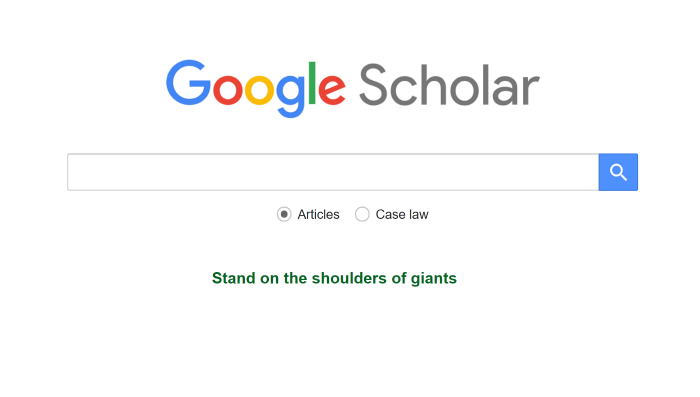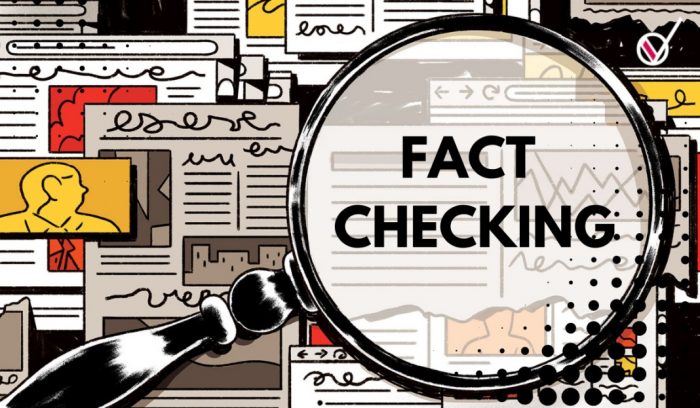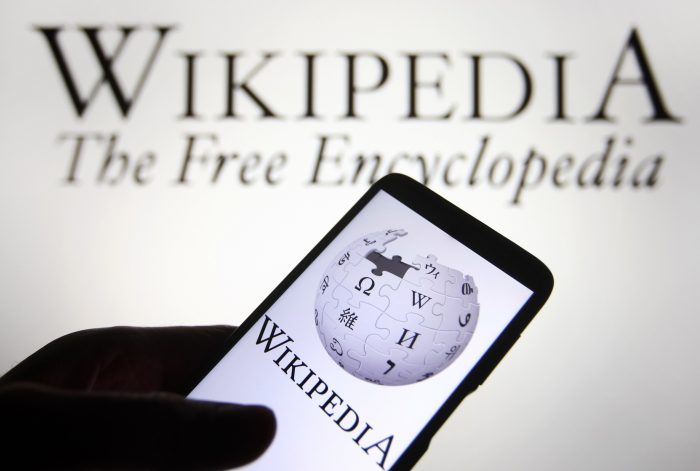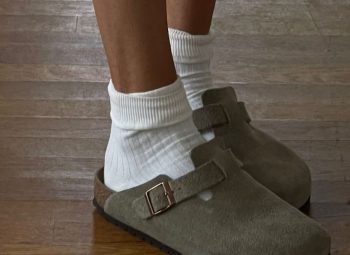Via Vela Insure
Who didn’t struggle with academic research when they first joined college? We think many of us did, which is why we are here today to make your lives easier! As a matter of fact, research skills are vital for many jobs, not just university assignments. So, take a look at the following tips and apply them because they are not just good “on paper”; they can be game-changing!
1- Use Google Scholar
A standard Google search will show you all the results you could need. However, some of those results may be popular opinion, incorrect, or unreliable for academic purposes. So instead, use scholar.google.com to search exclusively for scholarly sources. Google Scholar also tells you how frequently a paper has been mentioned, making it simple to find the most up-to-date information. Similarly, you can use Google News to find newspaper articles and other forms of media.

Via Medium
2- Take a look at the domain name
Domain names are an excellent tool to assess a website’s dependability. The most common domain extension is .com, which is mostly linked to commercial websites. Whereas .gov and .edu are largely connected to government entities and educational institutions, respectively. This makes the latter domains generally rich material for research, as they’re considered more reliable resources.

Via Seoipro
3- Verification
Remember that it doesn’t hurt to cross-check your facts with additional sources. Depending on your professor’s requirements, this can also assist you in avoiding flooding your work with citations. Corroborated material—a fact that has been verified by at least two sources—is not only more accurate; it also does not always need to be cited if it has become general knowledge.

Via Verificado MX
4- Don’t hesitate to talk to experts
Don’t be hesitant when seeking assistance. When it comes to reliable and up-to-date knowledge, your instructors are excellent resources to turn to. They will be able to point you in the direction of materials appropriate for each unique job. In addition, university libraries typically offer access to academic databases and information that you would not be able to access on your own.

Via Textbooks
5- Keep in mind that Wikipedia is not an academic source
Try to use Wikipedia as a jumping-off point, not a source. Because the pages are editable, this makes the information on the website unreliable. However, endnotes at the foot of each page contain links to reliable sources such as news clips, press releases, and academic studies that can be used as more acceptable citations for your research.






